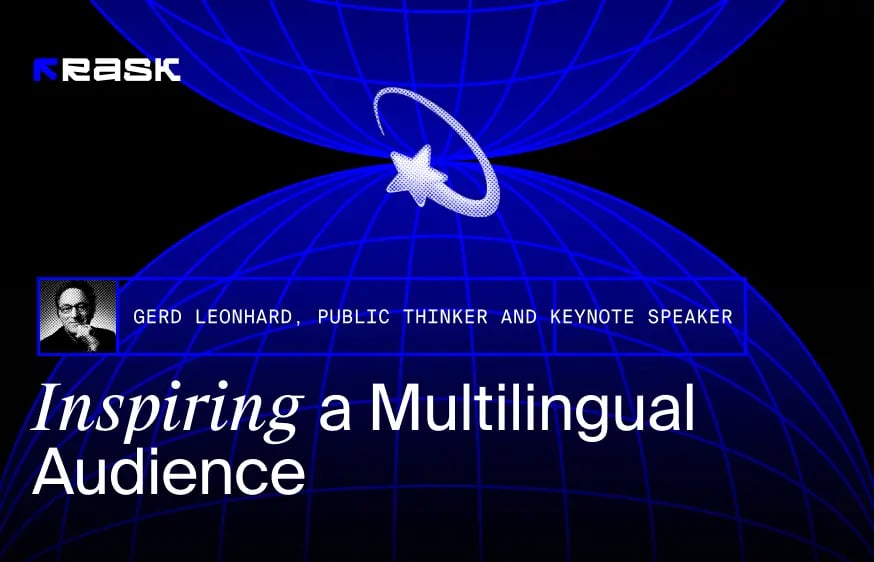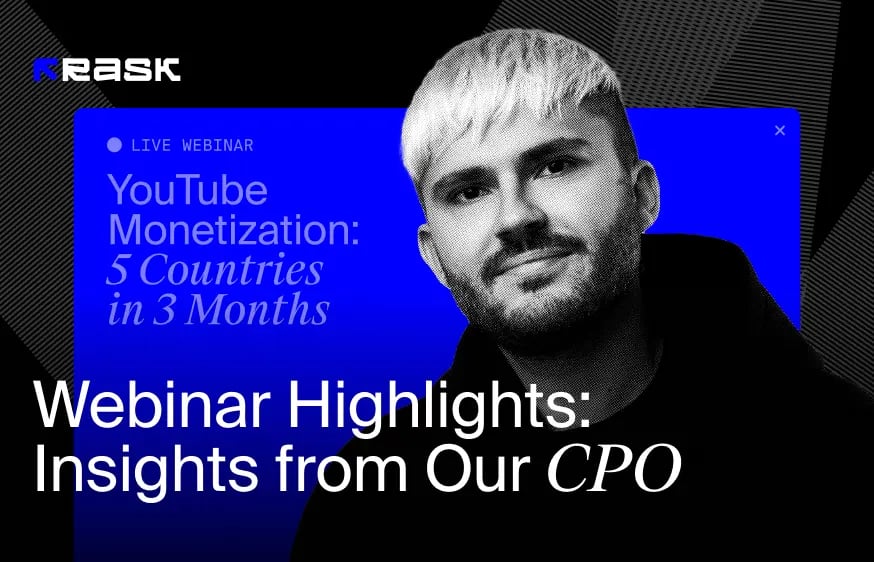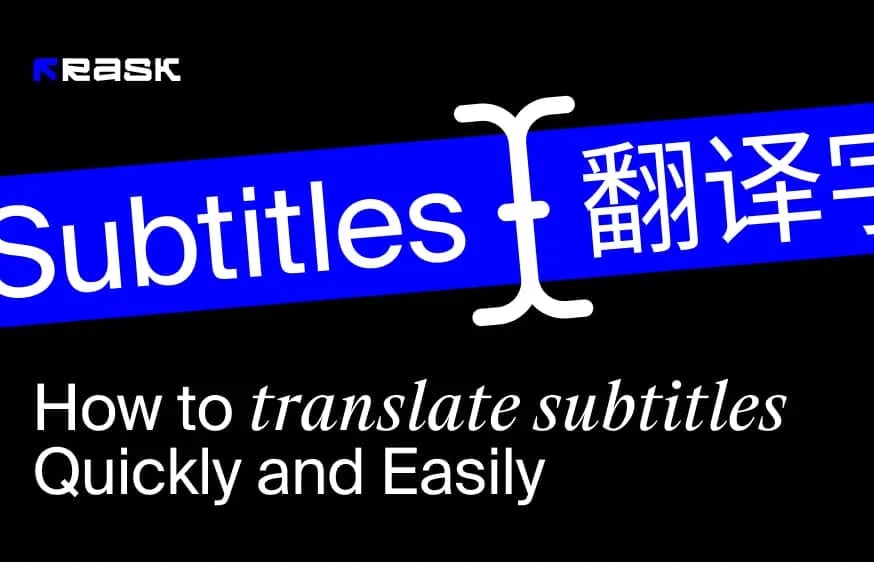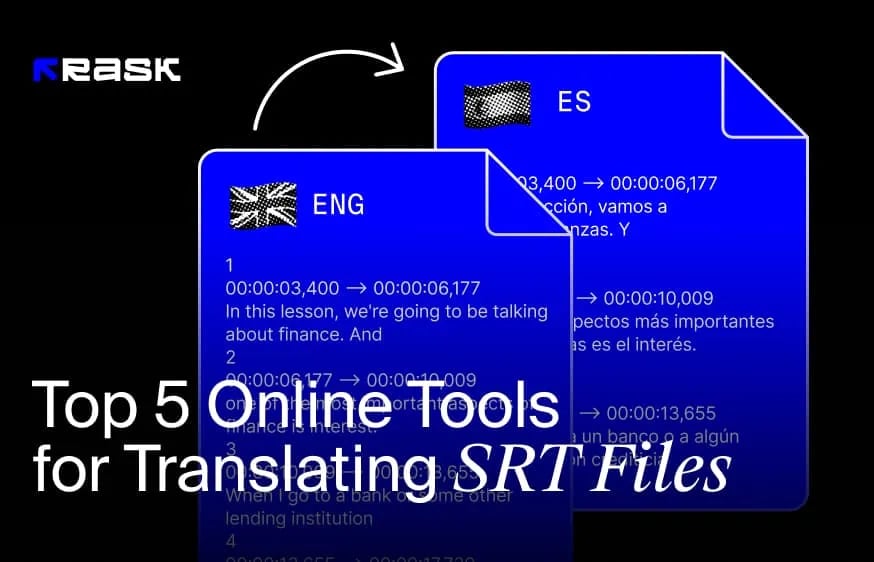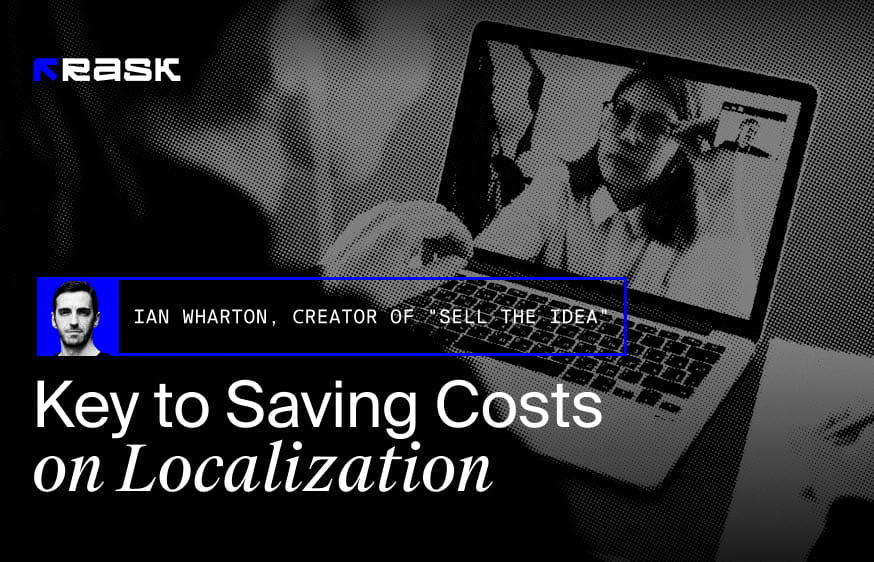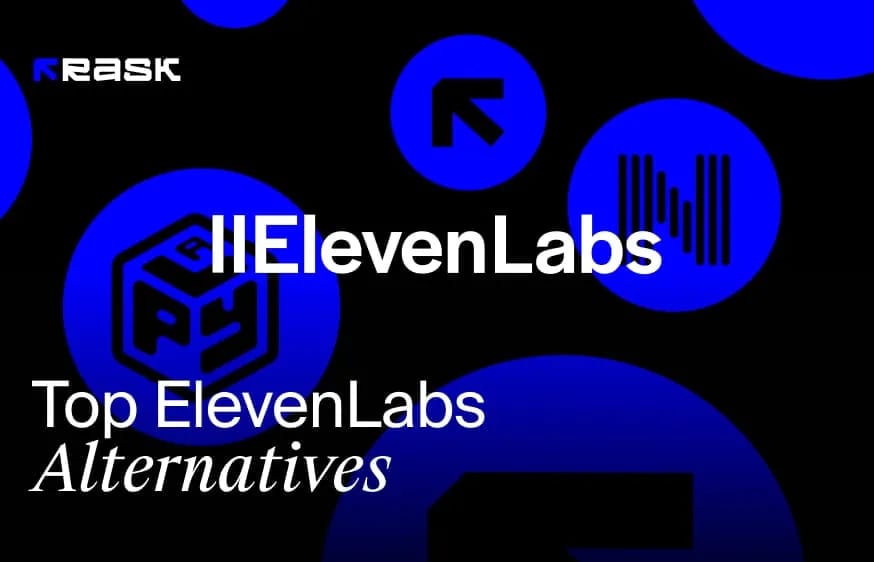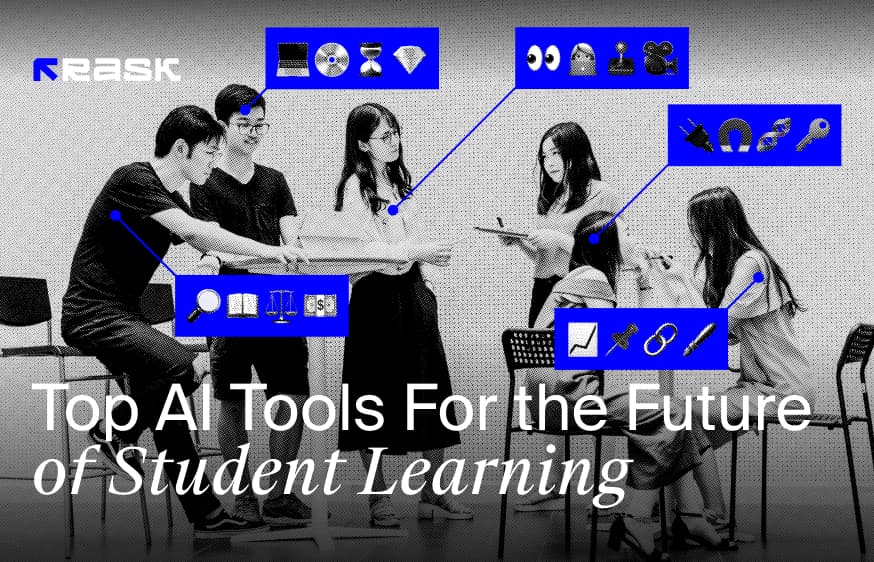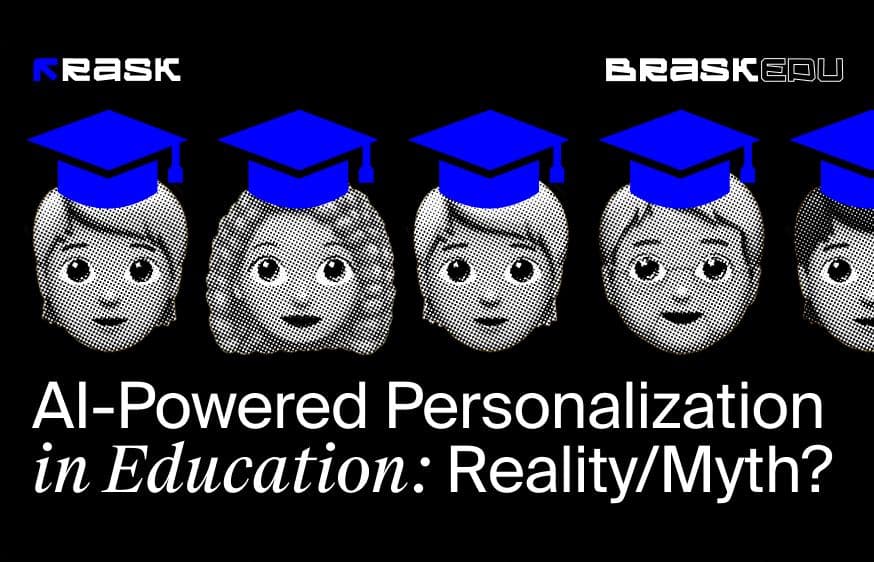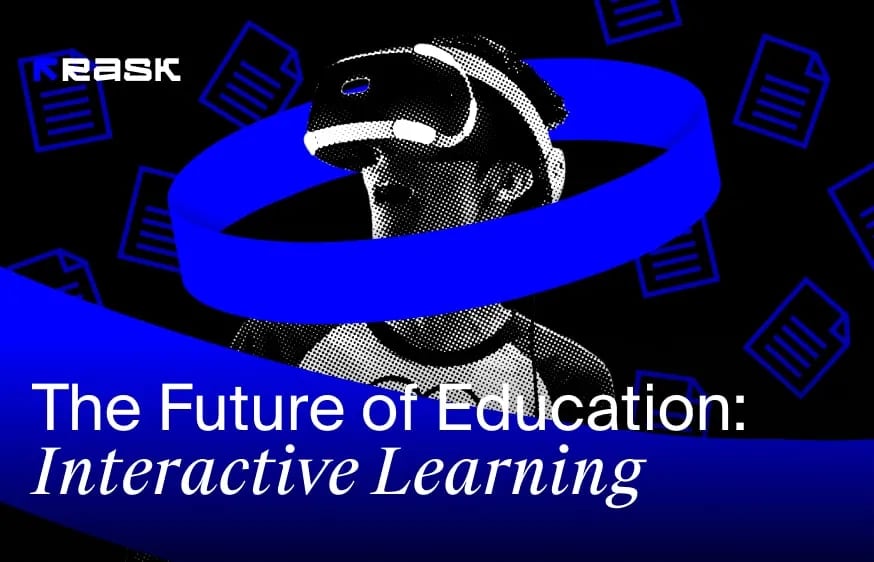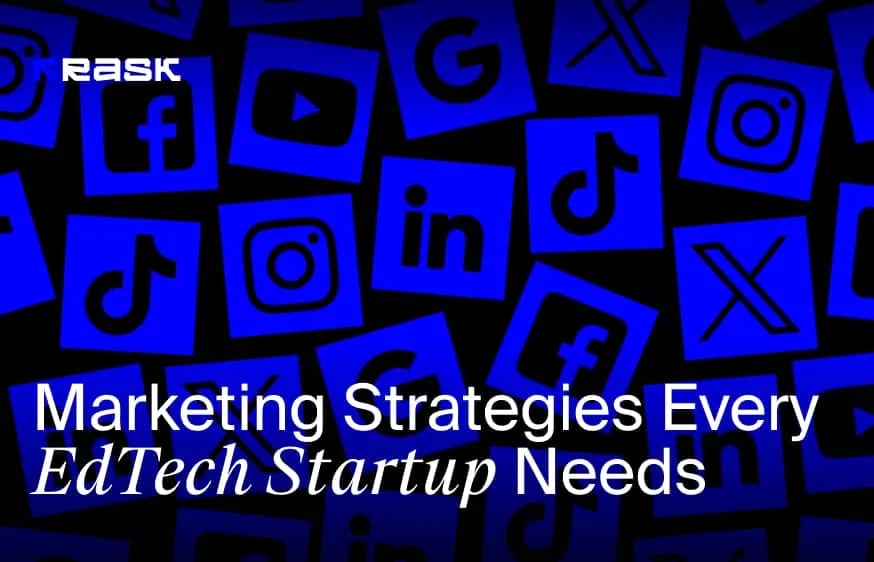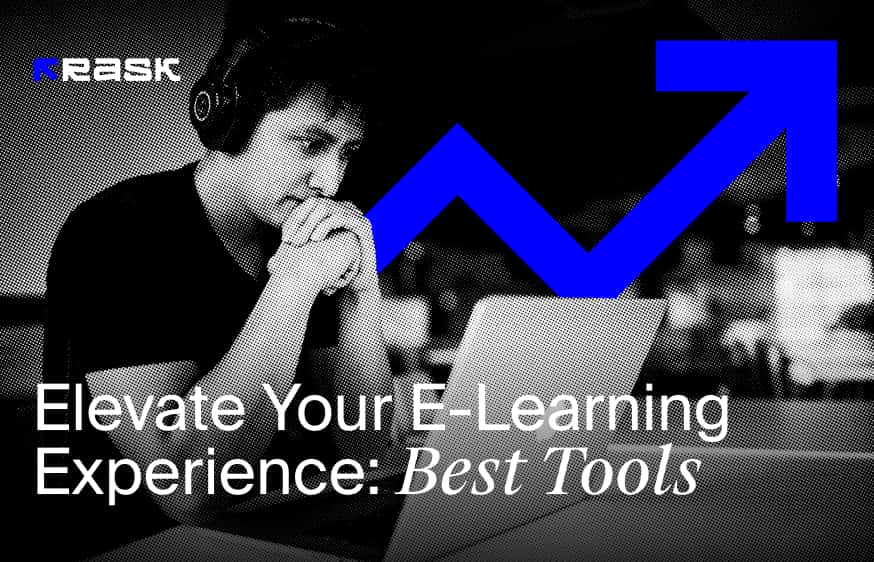The education industry is no longer limited to this rigid and stuffy classroom most kids hate. Luckily, technology has changed the educational landscape. The demand for more modern and effective learning solutions is driven by the number of virtual classrooms appearing today and the need for more engaging online education overall.
In addition, there are many more things for kids and adults as well. These include online classes, gamification of learning, management systems, and more. Altogether, it makes the entire online education technology domain much more effective, accessible, and engaging.
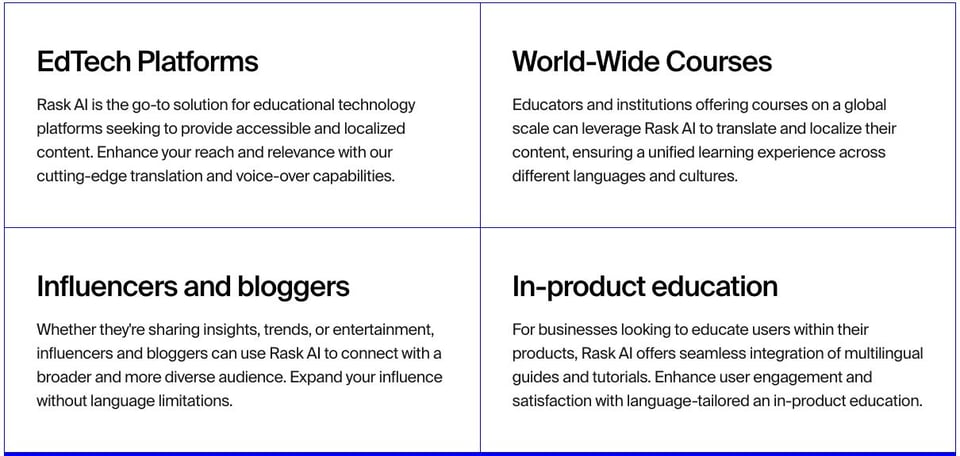
According to recent research, the budget for EdTech marketing among businesses across verticals and revenue ranges represented 8.3% of revenue in 2020 (compared to. 11.6% in 2019 and 10.7% in 2018). There is no surprise that the industry is evolving, and the main reason for that - is extremely high competition.
Yes, you're thinking, right?
Everyone from schools to students of all ages is happily bracing themselves for the new normal. Considering data and this scenario, the majority of people are looking for EdTech solutions.
That is why any business working in the EdTech sector requires a successful Edtech marketing strategy to stand out from the crowd. Here we will share 10 top strategies for market success for EdTech companies in 2023. Let's dive deeper into the topic.
First of All, Do You Need an EdTech Marketing Strategy?
The short answer is yes. EdTech marketing is a potent tool for generating leads and boosting customer engagement and loyalty. Modern effective content marketing strategy is more than just creating promo materials on a daily basis - now it requires tailored and personalized experiences according to things that your current and potential customers like.
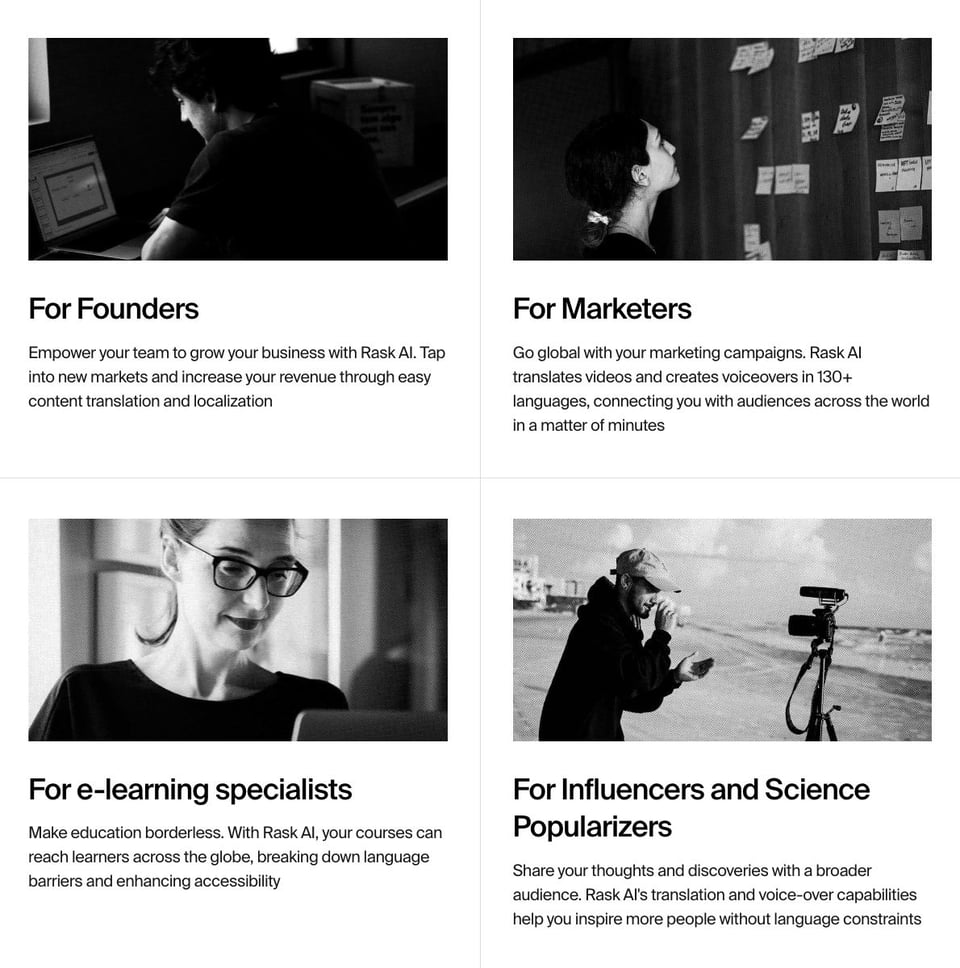
Content marketing for EdTech companies usually involves a carefully mapped customer journey that nurtures potential clients and motivates them to make informed decisions through techniques and strategies.
While marketing has long been something businesses are not getting an ROI from, now experts (HubSpot and CMI) report that content Ed Tech marketing has quickly become a core business strategy for all. Professionals say that staying consistent, using high-quality materials, and sharing content in different formats and on various social media platforms hugely impact buyer behavior better than any other method.
Aside from everything mentioned above, there are many more reasons for using marketing as an Edtech business:
To Increase Web Traffic
Dedicated and informative content and video content marketing allow companies to gain more online traffic. Based on one popular research, unique content shared on websites (landing pages and in blogs) allows quality education companies to get almost 8 times more online exposure and a 6 times higher likelihood of converting leads.
Let's take as an example a UK-based EdTech provider - Edval. It has implemented a low-cost though high-impact content strategy that allowed the company to gain increased web traffic by 237%.
The key elements of the strategy implemented by Edval were lead magnets, informative case studies, and videos translated on different social media platforms. As a result, this company saw a growth of 600% in its database and was able to reduce the bounce rate by 13%.
To Build Authority and Brand Loyalty
Having and sharing branded content across different social platforms helps grow EdTech space, brand authority, and loyalty. Whether it is a blog with informative and SEO-optimized content or videos also optimized with keywords through captions and subtitles (after you gain insights from an in depth analytics), it can allow audiences to recognize you as a thought leader.
To Grow Brand Awareness
EdTech marketing allows brands to build and grow brand awareness in a wide range of ways. The high ranking of your high-quality content pieces will let your EdTech company grow brand visibility and growing brand awareness.
Doing something unique and making your content available for more than one target market will help your audience recognize your brand from first sight. This is also likely to encourage word of mouth for even more brand recognition.
To Get Higher SERP Rankings
As could be expected, engaging, informative, and populated blog and video content will always have higher search rankings, organic search traffic, and convert qualified leads. One of the most well-known social media influencers, Neal Schaffer, reports that content marketing strategy in EdTech can gain 94% more backlinks to your website while the price for lead generation will be 64% less compared to traditional methods.
10 Worth-Looking Marketing Strategies for the EdTech Success
1. Seo + Video Marketing
Many schools, educational institutions, and EdTech businesses are looking for new methods to provide education structure for their online classes and platforms to implement. EdTech companies and schools actively seek additional methods to structure online classes, platforms to employ, and more. So companies can timely offer their solutions to those looking for them.
One of the key ways to make sure your services are shown to relevant and qualified leads is by using Search Engine Optimization (SEO). While your EdTech marketers may already have invested a lot in SEO, they may not know that videos can also be SEO-optimized. Just writing informative content using relevant keywords won't work as the best strategy today - companies have to implement more strategies.
For example, Edtech providers can use Rask AI as a video editor and localization tool. It allows them to automatically generate captions and subtitles in over 130 languages and implement relevant keywords for higher ranking. Sharing SEO-optimized videos and Shorts across various social media channels helps grow brand authority and lets Google (or other search engines) know that users consider you as a trusted source of information.
2. Transition Through e-Learning Services
Experts say that eLearning is going to become the best EdTech marketing strategy by the end of 2023 and 2024. And the eLearning domain can be highly scalable. The goal of this technology is to allow both students and teachers to communicate via online tools, making education more affordable and accessible.
While eLearning is usually confused with remote education, this learning means being divided by distance. eLearning, in contrast, is not limited to distance education but it also involves a wide range of electronic materials, tools, and technologies.
Let's explore some of the most popular learning solutions that you can use for your EdTech marketing campaign in 2023 and 2024:
- eLearning Courses: These are well-structured eLearning courses that include learning-related objectives, assessments, and informative content. These courses quickly gained popularity across the world in 2022 since they are affordable and remote, though they let students develop new skills efficiently.
- Video Conferencing: These work as lectures but in online mode. They help students participating in the conference to see and hear everyone. The students can also actively participate in the learning process, asking questions and performing tasks by sharing their screens.
- Online Stimulator: These tools are pretty expensive, though they are highly used in different industries, including medicine. They are designed to help students and lecturers to improve their practical and learning skills.
3. Affiliate Program
The key difference between a referral program and an affiliate program (though a referral program should also be in place) is that the first one is designed for existing customers so they can refer friends using a special link, while the affiliate program is designed for those who do not actively use your EdTech services but have a network they can share the link with.
Please note that in contrast to the referral program, the affiliate one will let participants invite both parties - students and tutors to start using your services.
The working process of affiliate programs is similar to a referral one - users get the affiliate link (each user gets a unique one), which they can share with the relevant network. The program starts working when conditions are met. Conditions you may consider are:
- Someone new registered;
- Someone made their first purchase;
- Someone achieved a goal during the education (for that, you will need a gamification program).
Once conditions are met, the link owner gets an award, which could be money (usually a percentage from a purchase or a fixed sum) or something from your platform itself if it is relevant.
The affiliate program is highly used in EdTech marketing campaigns since it represents one of the most effective ways to attract new qualified leads without investing extra in developing digital marketing channels. Your affiliate partners work as ambassadors of your business and continuously bring new clients directly to you.
4. Invest in Social Media Marketing Campaign
Yes, having social media accounts is crucial. But do you know that social media offers many more benefits than just building your brand name and sharing interesting facts about your EdTech business? While most EdTech companies now prefer to invest marketing efforts in SEO and run social media accounts only for the online presence, a lack of effort invested in social media campaigns could damage (or sometimes ruin) key content marketing materials.
First of all, you should identify what marketing channels your potential clients use. In most cases, the answer would be Instagram, YouTube, and TikTok. It requires only filming a long video and using AI-based tools like Rask AI to cut the video into engaging and informative Shorts you can use across channels. TikTok, YouTube Shorts, and Instagram Reels don't require a lot of money and time, though they remain the most effective way to attract a young and relevant audience for EdTech businesses. Plus, the entire work, aside from filing, is done by AI, so why ignore this opportunity?
Secondly, you can always hire an influencer (which is known as influencer marketing). Modern people tend to trust people they follow and like on social media. There are a million influencers in the EdTech industry who will be happy to work with a promising company in that field. Influencers also do all the work for you - they create posts, share their thoughts on the product, and direct potential customers to your platform.
The last but also crucial point for consideration is to manage social media accounts in one style. Having a branded color palette and tone of voice that you stick to on different platforms will help you grow brand awareness. So whenever potential customers see similar colors or your logo, they will already know that it is your Edtech company, allowing you to stand out from other EdTech companies.
5. Add PPC (Pay Per Click)
A PPC digital advertising campaign is considered the best solution for a website that doesn't generate enough leads. However, it is crucial to first go through your website and identify problem areas since, in most cases, websites without leads (or without qualified leads) tend to have bugs that stop leads from being converted to customers.
If your website is polished and SEO optimized, then you may start working with PPC. It is vital to know that there are several PPC marketing providers, so the choice is vast, and you should invest time in exploring and comparing different options. One of the most popular in 2023 is Google Adwords.
Settling a daily marketing budget for ad-related parameters to generate leads is a go-to practice. You should also be familiar with your target audience so you won't waste money. Keeping geography and time of add display is also crucial for success.
6. Understanding the Basics of Omnichannel Marketing
The omnichannel is no longer something unique and emerging when it comes to EdTech marketing efforts. In contrast, this content marketing strategy is widely known and used as an effective way to engage with the target audience and buyer personas alike. Omnichannel allows EdTech businesses to effectively collect feedback and promote services, products, courses, and more.
The biggest difference that separates omnichannel from other effective marketing channels is that omnichannel prioritizes the customer. The first step will always be valuing the customer journey. Winning their engagement will require you to explore and use customer information in a market where consumers are option-rich and time-poor.
It is also crucial to mention that any successful omnichannel marketing solely depends on 1:1 personalization. So, making your messages personalized lets your target audience listen to and feel appreciated, developing and growing long-lasting loyalty.
7. Customer Journey Mapping
In contrast to other industries, the buying cycle in the Edtech (or educational sector overall) is usually longer and usually involves more decision-makers. Therefore, knowing and planning your well-thought-out buyer journey and nurturing leads via the marketing funnel are essential in achieving market success.
Mapping a customer journey is usually a time-consuming process, though it shows the best results. It is also the first and the key step in developing an efficient strategy and not wasting money on things that don't work.
The buyer journey in marketing funnels will always keep you informed about from what points your leads and customers are entering the funnel, what main triggers appear that stop them from moving along it, and where the holes are that have to be addressed.
These are the steps for customer journey mapping:
Top of the Sales Funnel:
- Perform research to identify the needs of your decision-makers during their awareness stage. Here, you should also brainstorm content ideas for those who are in the awareness and consideration stages. Choose the best content format. This could either be text or videos using Rask AI for quicker and easier content production.
Middle and Bottom of the Funnel:
- What do your buyer personas look for during the decision stage?
- Develop more personalized and tech content for decision-stage buyer personas.
8. Attend Trade Shows
The thing is, we live in a highly digital world, but people still love offline meetings. So, if you or one of the representatives of your EdTech company isn't afraid of going offline, then this could be your wild card. Connecting with influencers and attending trading shows and conferences is also a popular way to gain outbound leads.
For example, the Node.js community represents a global network of programmers who utilize and innovate with Node.js, a dynamic programming language. The community organized a vast range of events where everyone involved in the sphere gathered to present their products and innovations, discuss pain points, and gain new people to their network.
You, as a business owner, or your EdTech marketing teams should also find conferences and trade shows in the EdTech field. While there, you are likely to meet potential customers who may be interested in your product or services; you can also find partners and investors if you are currently at any fundraising stage of the startup.
While you can look for local events, going global is still the best practice here. It is especially vital when you start the localization process - being able to present your product to a new EdTech market is always a starting point for global success. By here, you should already know what the geography of your target audience is, so try breaking into these markets.
9. Focus on the Corporate Sector Through Email Marketing Campaigns
Email marketing is still here, and it is one of the most important tools in inbound marketing. It is used in almost every industry, but the EdTech domain can greatly benefit from it. According to the Arcenet Statista report, there are more than 4 billion email users, with over 300 billion emails being sent daily worldwide.
Email marketing also remains the most valuable tool for collaboration and communication in the B2B sector. Reports show that 81% of marketers claim they use email in inbound marketing since it is convenient and preferred by the audience option that secures the most qualified leads.
Segmenting leads using popular tools like HubSpot, MailChimp, and others boosts the efficiency of email marketing. EdTech companies can also increase their conversion rates from corporate email campaigns.
Like any other funnel, EdTech companies should create a journey in email marketing that will develop curiosity among corporate audiences, engage leads to subscribe to courses, and grow interested in related courses or products.
10. Webinar Marketing Engages Audiences in Real-Time
Webinars are a great way to boost EdTech marketing with little to no costs. EdTech companies present themselves as experts in the educational field so they can teach a wider target audience rather than just their current customers. Webinars will become a perfect path in that case.
Webinars can also work as a brand awareness element, allowing businesses to increase their reach to a wider audience by connecting with speakers, partners, influencers, and well-known academics. Webinars increase brand awareness, bringing prestige, business visibility, and user loyalty.
One study has recently identified that marketers not only consider webinars an essential element of their content marketing campaign but also one of the most cost-effective though promising ways of attracting and converting high-quality leads.
Last Thoughts on Content Marketing for EdTech Companies
Edtech will stay here and only grow in the upcoming years. The key driving factor for its popularity is online learning conditions, the need for more affordable, accessible, and interactive learning, and people's growing awareness of the skills they need to stay in demand in the current market.
However, the growing number of EdTech solutions also means there is a need to stand out from the crowd. As a result, it is crucial for any EdTech business today to know and implement the latest strategies in terms of content marketing.
FAQ
There are many ways you can market your EdTech business. However, companies should now use and implement the latest and most unique content marketing strategies to stand out from the crowd. These include using video marketing, adding PPC, attending trading shows, mapping customer journeys, and more.
Even though the majority of EdTech companies have traditionally focused on selling to educational institutions and schools, we see a growing trend toward the business-to-consumer (B2C) model.
The EdTech market is divided into Regions, Applications (Preschool, Middle School, Higher Education, Others), and Types (Software, Hardware, Content).
Educational technology (most commonly known as EdTech) refers to the combination of hardware, software, as well as educational theory and practice to organize learning. When talking about the meaning of the EdTech abbreviation, it is often referred to the industry of companies that develop educational technology.
The key thing when trying to promote EdTech startups is creating enough connections and organizing relevant networks. Another thing to consider is using low-cost, tough, effective content marketing strategies like video marketing using cost-effective apps like Rask AI. Attending trading shows and conferences can also help in growing brand awareness.
The EdTech industry has become extremely competitive, and more and more startups are entering the domain on a weekly basis. However, only a few companies are able to differentiate their services from the rest by using the latest content marketing strategies.
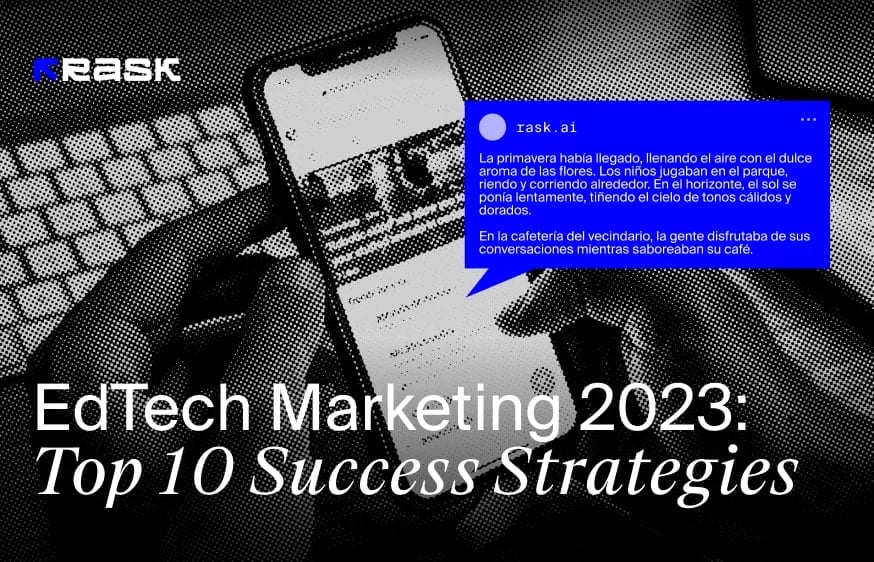
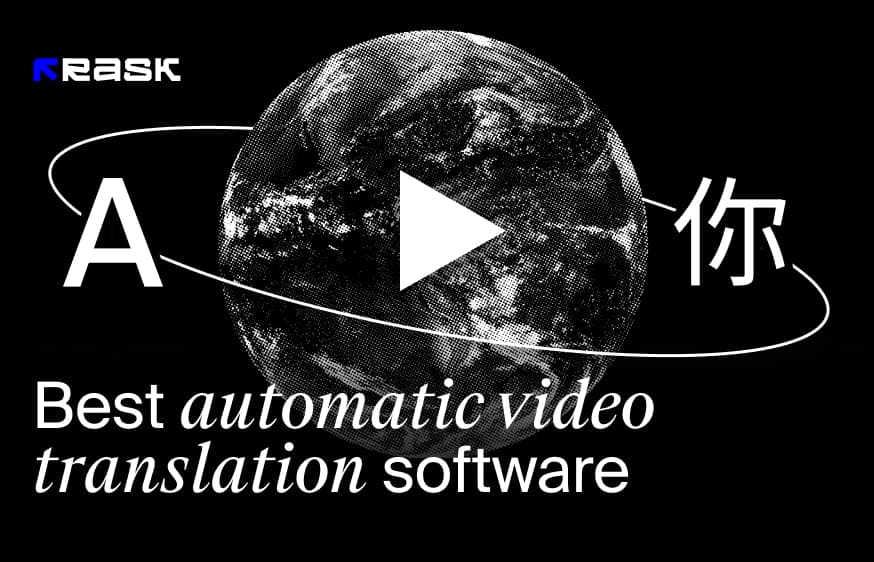
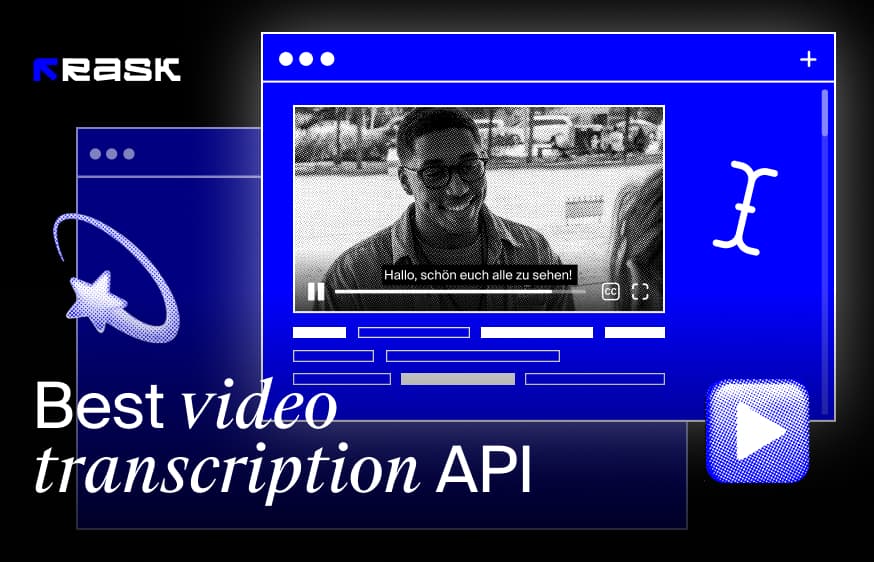
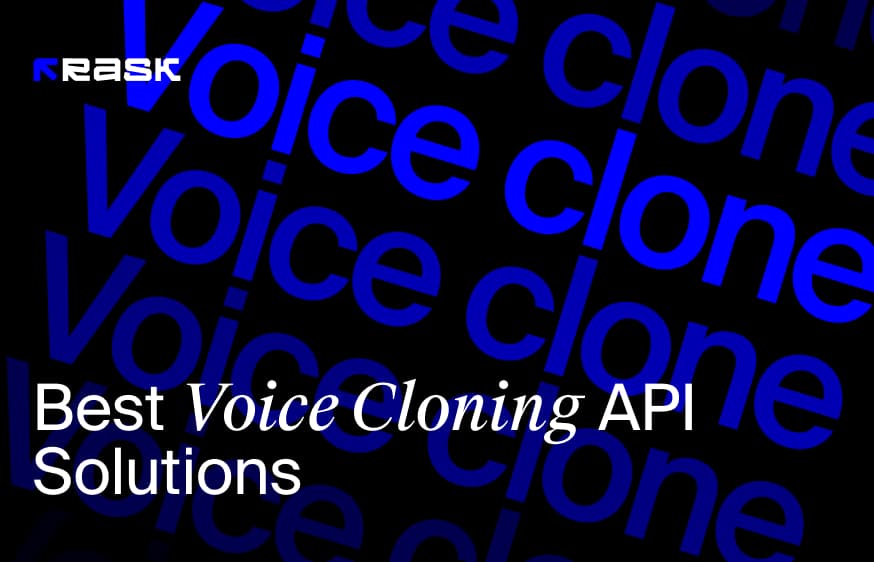
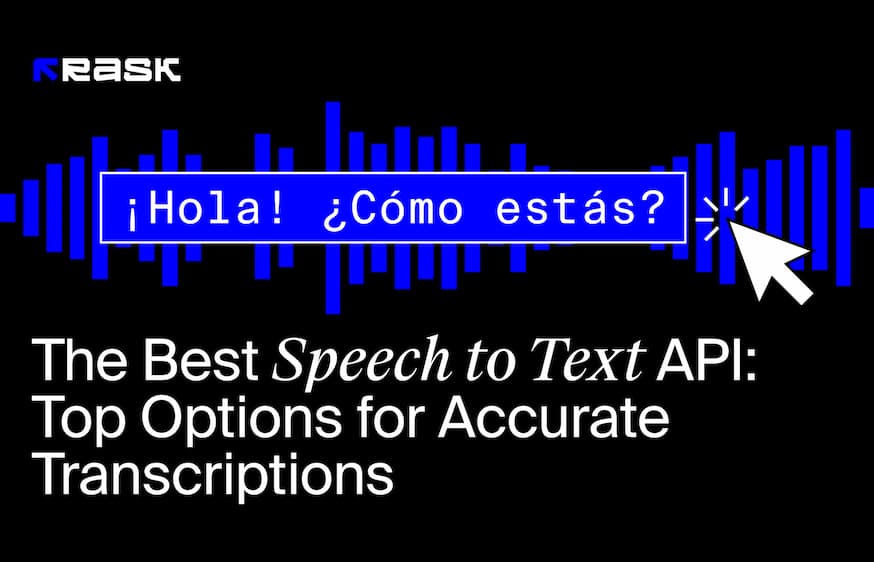
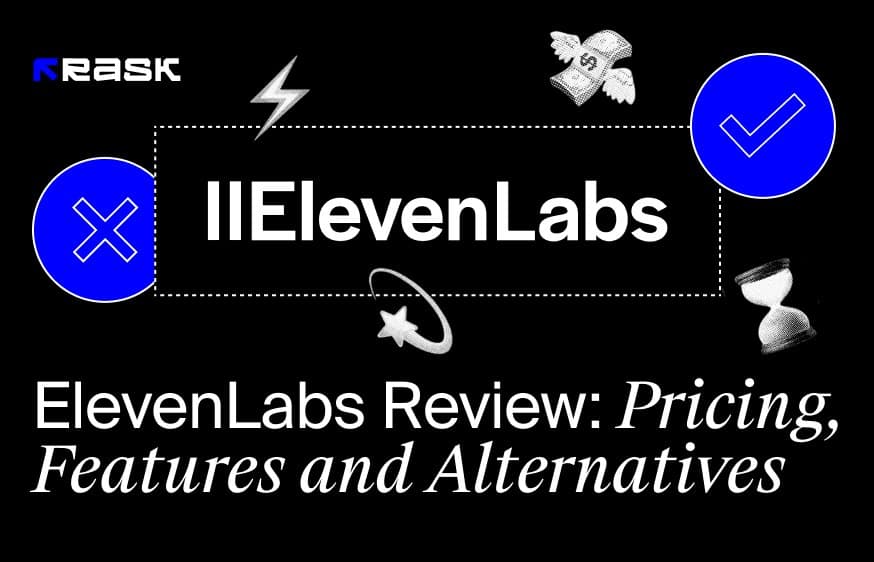
.jpg)
.webp)
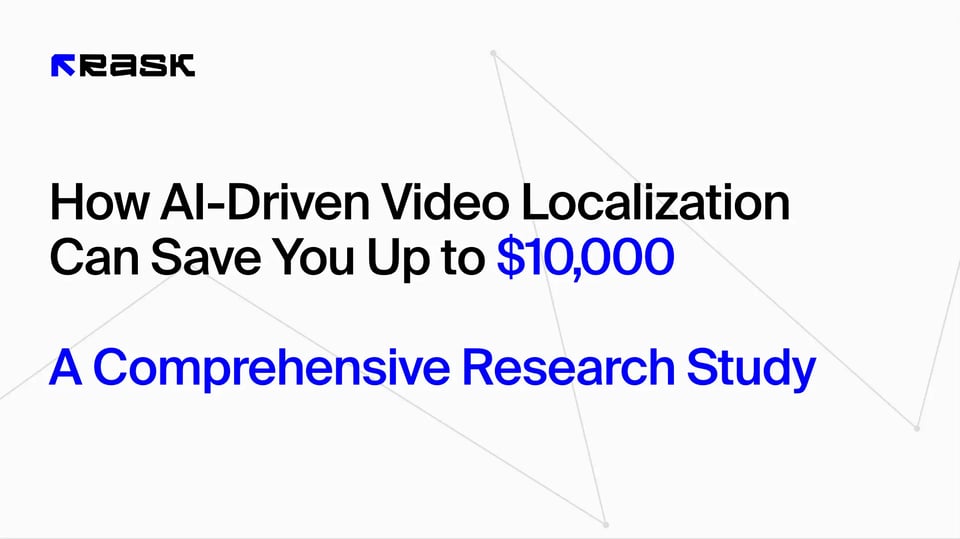
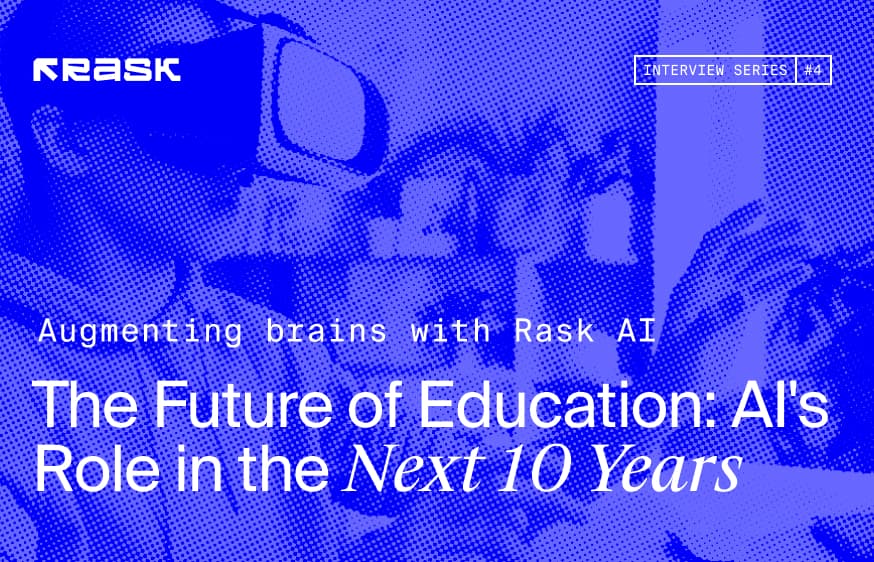
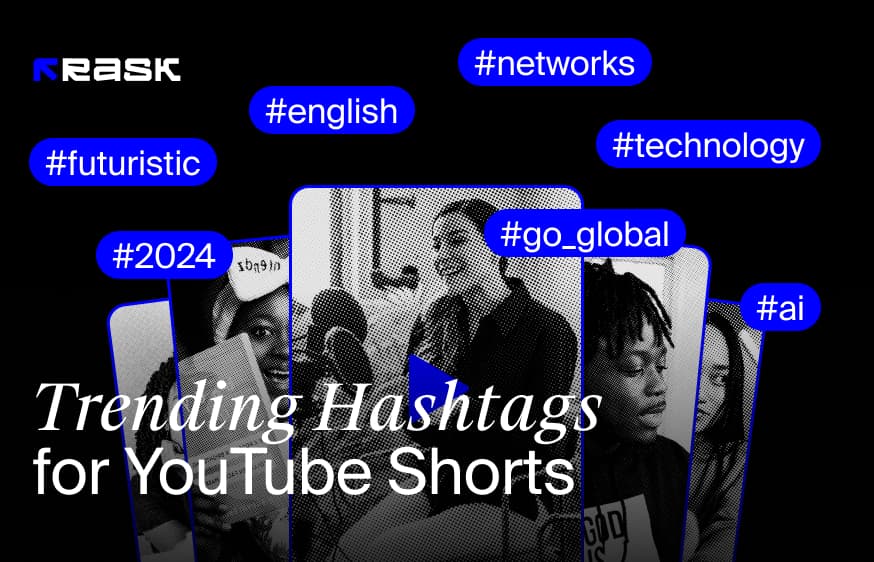
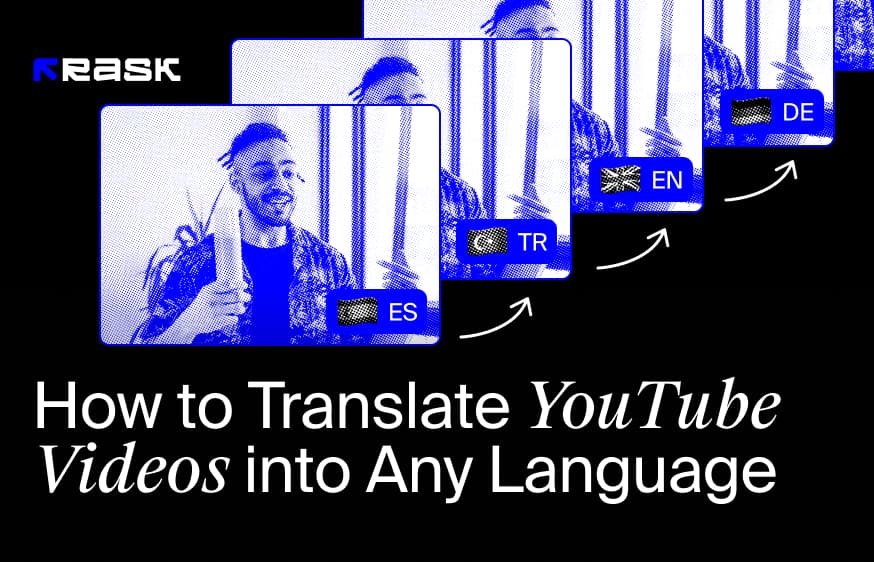
![8 Best Video Translator App for Content Creators [of 2024]](https://rask.ai/cdn-cgi/image/width=960,format=auto,fit=scale-down/https://cdn.prod.website-files.com/63d41bc99674c403e4a7cef7/6668a3dcd3175bd1d1c73c81_Best%20video%20translator%20apps%20cover.webp)
![Best AI Dubbing Software for Video Localization [of 2024]](https://rask.ai/cdn-cgi/image/width=960,format=auto,fit=scale-down/https://cdn.prod.website-files.com/63d41bc99674c403e4a7cef7/66685014f68137eb05c89c16_Cover.webp)
